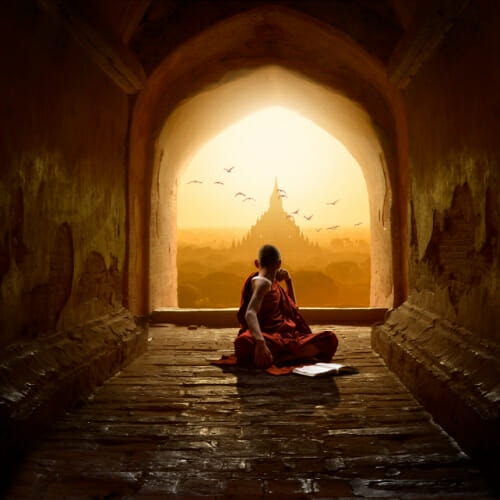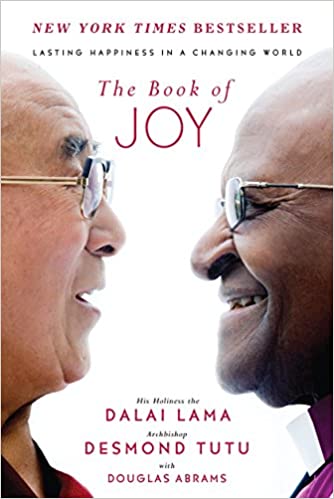
Dr. Robert Roeser joins Raghu to explore how Buddhism and mindfulness practices merge with modern neuroscience and developmental psychology.
As Penn State’s first-ever Professor of Caring and Compassion, Robert W. Roeser, PhD is tasked with designing classes that meld the ancient practices of mindfulness and meditation with modern neuroscience to help students become calmer, more focused, and more deeply engaged caring citizens of the world. With a Ph.D. in Education and Psychology and masters degrees in religion and psychology, developmental psychology and clinical social work, Dr. Roeser has been a two-time US Fulbright Scholar in India; a WT Grant Faculty Scholar; and the Senior Program Coordinator for the Mind and Life Institute (Boulder, CO).
Educating the Heart with His Holiness, The Dalai Lama
Through his work at the Mind and Life Institute bringing the value of contemplation practice to the forefront of science and education, Dr. Roeser was introduced to His Holiness, The Dalai Lama, who, at a young age, became enamored with the dialogue between spiritual contemplatives and brain scientists. In order to bring a new understanding of our possibility for transformation into the world, Dr. Roeser, alongside His Holiness, has been involved in the holistically encompassing idea of ‘educating the heart.’
“The Dalai Lama really has been bringing together contemplatives, scientists, and educational folks to think about how we may re-envision education and human development to focus on the whole child, the whole person.” – Robert W. Roeser, PhD
For an insightful Dharma talk from His Holiness, The Dalai Lama, exploring happiness, fear, and the Middle Way in Buddhism, tune into Ep. 75 of the Metta Hour
Relearning Learning by Deconstructing Constructivism (5:09)
Before finishing graduate school for child development, Dr. Roeser began studying under Catholic Theologian, Matthew Fox, where he fell in love with Eastern philosophies, such as Hinduism, and began practicing yoga. It was through this process that Dr. Roeser began to uncover that learning wasn’t simply constructivism, this constantly accumulating, building of knowledge that we see in the West, but instead, learning could also be a process of subtraction, uncovering, and not-knowing. After visiting India to study school-applied meditation, Dr. Roeser returned home to share these findings and continue his research in the West.
“Not knowing is a really important way to approach the process of learning, so I started to imagine there could be a dialogue between these different ways of thinking about human development, teaching, and learning. – Robert W. Roeser, PhD
Learn to deconstruct your ego, and bring your life back into balance by overcoming afflictive emotions in the modern age, on Ep. 247 of Mindrolling
Caring For Caregivers: The Cascade Model of Nonspecific Care (15:42)
Nonspecific care means simply caring for no specific reason. It’s being empathic, listening well, and seeing someone without the eye of judgement. We see this as the optimal, albeit idealized, maternal love; this heart, this caring, this rasa, this juiciness. One of the lessons His Holiness, The Dalai Lama, imparted to Dr. Roeser was to always care for the caregivers. If we want the teachers to best help the kids, we need to care for the teachers. If we want the students to be open to learning, we must care for them as well. This cascading model of nonspecific care fosters a sense of belonging, a sense of home for everyone involved.
“As we’re loved so we may in turn love, that container of unconditional positive regard is, for me, the sine qua non, without which not, the learning of these practices will occur. So, I guess that puts me in a camp that says that human relationship, even if it’s technologically mediated, is the essence of the practice.” – Robert W. Roeser, PhD



